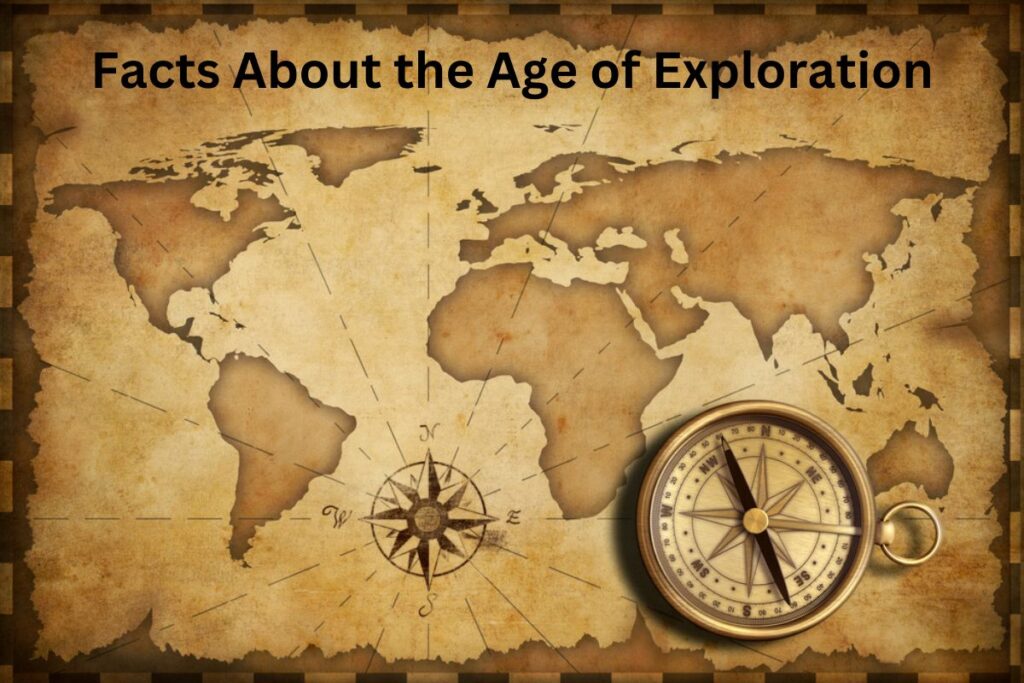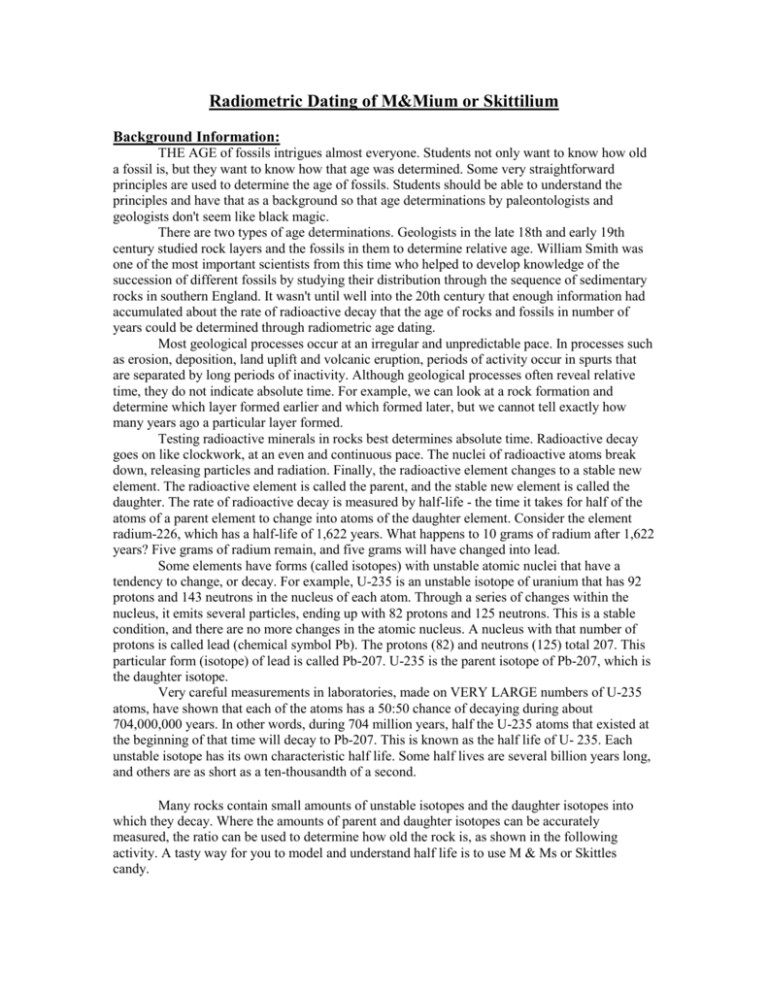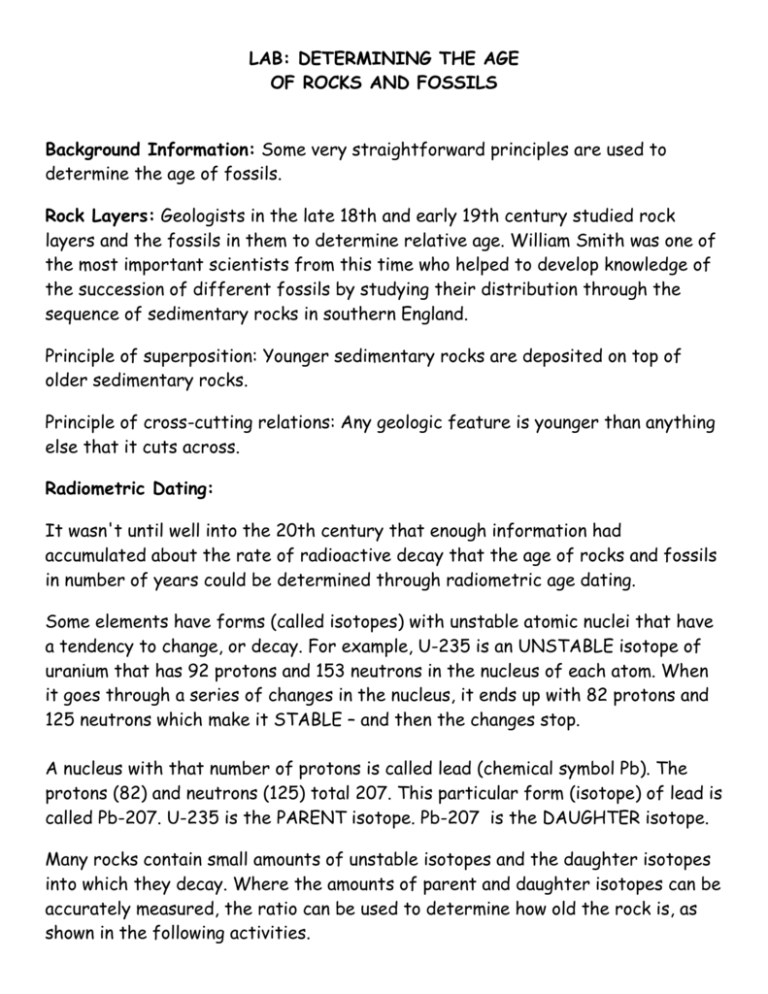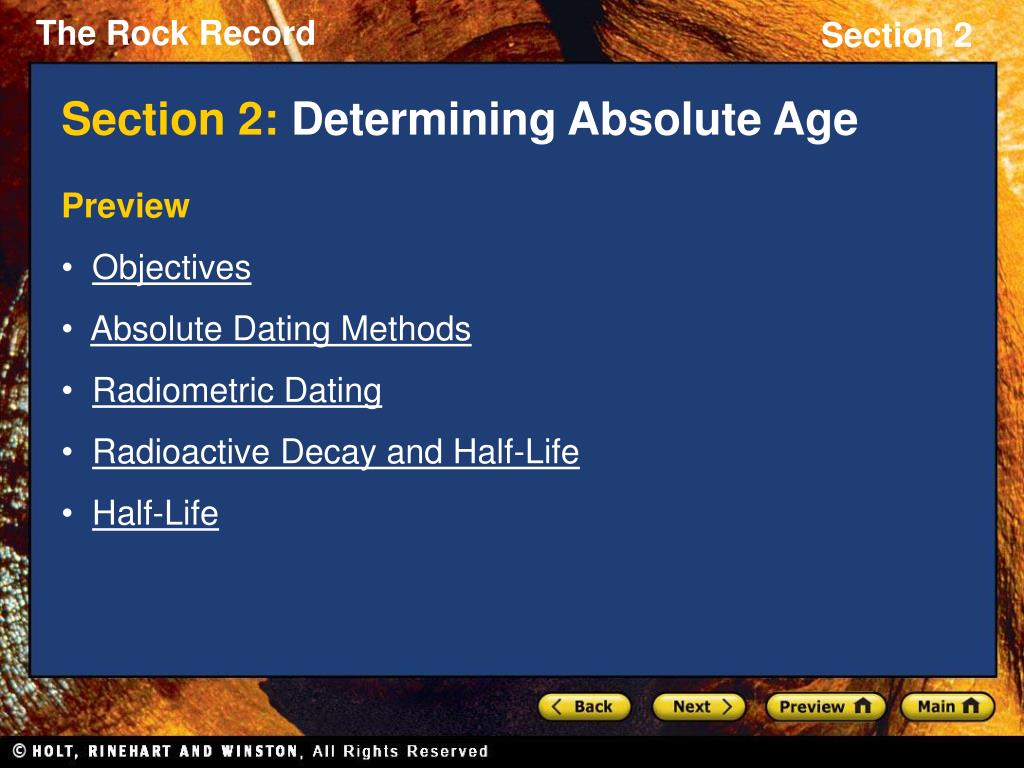Determining Age: A Comprehensive Exploration
Related Articles: Determining Age: A Comprehensive Exploration
Introduction
With enthusiasm, let’s navigate through the intriguing topic related to Determining Age: A Comprehensive Exploration. Let’s weave interesting information and offer fresh perspectives to the readers.
Table of Content
Determining Age: A Comprehensive Exploration

The question of "how old is Jackie?" requires more than a simple numerical answer. It necessitates a deeper understanding of the complexities surrounding age determination. This exploration delves into the various factors that influence age, the methods used to ascertain it, and the significance of understanding age in diverse contexts.
The Elusive Nature of Age
Age is a multifaceted concept, encompassing biological, chronological, and social dimensions.
- Biological Age: This refers to the physiological state of an individual, influenced by factors like genetics, lifestyle, and environmental exposures. It may not always align with chronological age.
- Chronological Age: This is the most commonly used measure, representing the number of years an individual has lived. It is a straightforward metric, but it doesn’t fully capture the nuances of aging.
- Social Age: This reflects the roles and expectations society assigns to individuals based on their perceived age. It can vary significantly across cultures and time periods.
Methods of Age Determination
Determining an individual’s age can be straightforward in cases with readily available birth records. However, various methods are employed when records are unavailable or unreliable.
- Physical Examination: Examining physical characteristics like bone development, dental eruption patterns, and skin elasticity can provide estimates of age, particularly for individuals under 18.
- Historical Records: Archival documents like census records, school records, and immigration records can offer valuable insights into an individual’s age.
- Genealogy Research: Tracing an individual’s family history through genealogical databases and family trees can help establish age, particularly for older generations.
- Forensic Anthropology: This specialized field employs skeletal analysis and other techniques to estimate age, often used in cases involving unidentified remains.
The Importance of Understanding Age
Understanding age is crucial in numerous fields and aspects of life:
- Healthcare: Age is a fundamental factor in medical diagnosis, treatment, and preventative care. It influences disease susceptibility, medication dosage, and rehabilitation strategies.
- Social Policy: Age-related policies impact various aspects of life, including education, employment, retirement, and social security benefits.
- Demographics: Age distribution within a population influences economic growth, healthcare systems, and social structures.
- Legal System: Age plays a significant role in determining legal capacity, criminal responsibility, and eligibility for certain rights and privileges.
- Historical Research: Understanding age helps historians reconstruct past events, analyze social trends, and interpret historical documents.
FAQs: Unraveling the Mysteries of Age
Q: Can age be reversed?
A: While chronological age is a constant, biological age can be influenced by lifestyle choices. Factors like exercise, diet, and stress management can positively impact aging processes. However, reversing age entirely remains a scientific challenge.
Q: Is there a "perfect" age?
A: The concept of a "perfect" age is subjective and culturally influenced. Each stage of life presents unique opportunities and challenges. It’s important to embrace the value and beauty of each stage.
Q: How can age be used to discriminate?
A: Age discrimination occurs when individuals are treated unfairly based on their age. It can manifest in employment, housing, healthcare, and other areas.
Q: What is the future of aging?
A: Advancements in medical science and biotechnology hold the potential to extend lifespan and improve the quality of life in old age. However, ethical considerations surrounding life extension and age manipulation need careful examination.
Tips for Age Determination
- Consult reliable sources: Utilize official birth records, government databases, and reputable genealogical resources for accurate age verification.
- Cross-reference information: Compare data from multiple sources to ensure consistency and avoid errors.
- Seek professional assistance: Consult with historians, genealogists, or forensic anthropologists when facing complex age determination challenges.
Conclusion: A Journey Through Time
The question of "how old is Jackie?" serves as a gateway to explore the complexities of age, its multifaceted nature, and its significance in shaping our lives. From biological processes to societal expectations, age is a powerful force that influences our experiences, perspectives, and interactions with the world. By understanding the diverse facets of age, we gain a deeper appreciation for the human journey through time.








Closure
Thus, we hope this article has provided valuable insights into Determining Age: A Comprehensive Exploration. We appreciate your attention to our article. See you in our next article!
